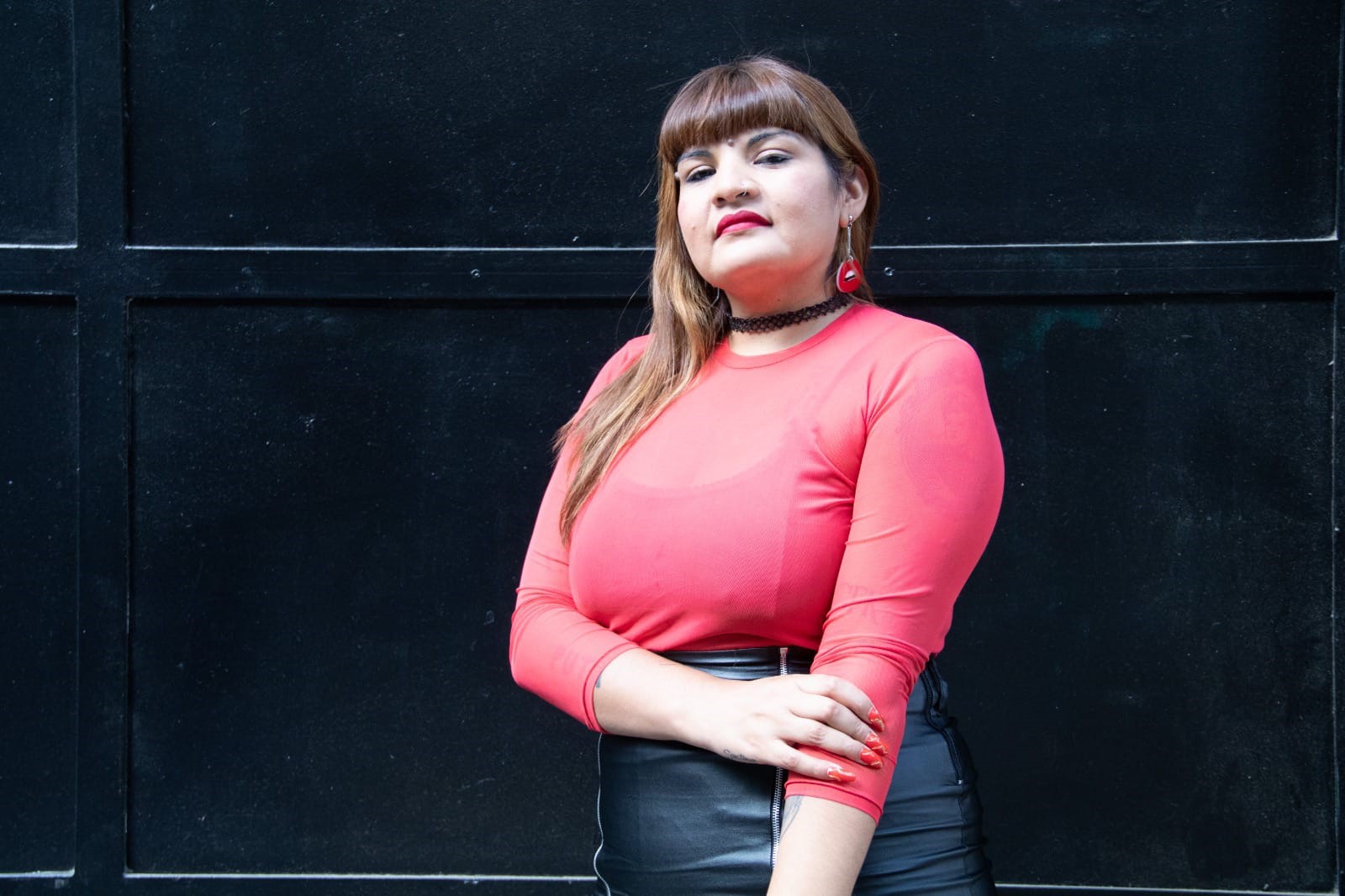
Feminist sex worker. She is the National General Secretary of AMMAR, the sex workers' union in Argentina. As a leader of the sex workers' movement, she has made visible the precariousness and institutional violence experienced by the sector. In 2018, the Paris Bar Association awarded her a recognition for the struggle in the defence of human rights carried out by AMMAR and in 2020 she was nominated for the Tulip Prize for Human Rights. She is the author of the book Puta Feminista crónicas de una trabajadora sexual published in 2022 by Peguin Random House and translated into Italian and Portuguese. In 2019, together with a group of colleagues, she founded the Casa Roja, a comprehensive care centre for sex workers located in the Constitución neighbourhood.
She is a member of the national leadership of the Central de Trabajadores de la Argentina, the second largest workers' union in the country.
Articles by Georgina Orellano

United We Plan, United We Act: How Sex Workers Fight for a Better Future
It all started in a hole. In a police station that used to be the only possible destination for those who dared to break the rules and make the public space, the street, their place of work. The consequences of the criminalisation of sex work tend to be clandestinity, greater police persecution, greater exposure to violence, but also the possibility of organising and fighting for what we thought was impossible for us: that sex workers can have rights. In Argentina, the trade union organisation of sex workers has been fighting for 29 years, two decades less than the rebellion organised by the sex workers in Saint-Nizier, France, when on 2 June 1975 they took over a church and went on strike for 10 days, denouncing the police repression they were suffering and the need to be heard by the state and its rulers. Years of silencing have been made possible by the stigma, discrimination, persecution and shame imposed on sex workers. The fact that others will speak for us and that states do not call us to the tables where decisions have been made regarding our work are partly what have driven us to raise our voices, organise ourselves and get involved in the trade union and feminist struggle to try to transform our reality. In Argentina, sex work is not classified as a crime, but all spaces, forms of organisation and dissemination of our work are criminalised by codes of contravention, municipal ordinances, provincial decrees, presidential decrees and reforms of the law on trafficking. Cornered by criminal law we constantly deal with institutional violence and although we denounce, make annual reports, make our reality visible, raise our voices in every feminist assembly, have won a place in the Central de Trabajadoresxs de la Argentina and have organisation in 12 of the 24 provinces of our country, we still do not have any public policy. In 2016, Amnesty International published its report and its political position regarding the sexual market, and one of the five countries chosen to carry out its research work was ours. We saw it as an opportunity for those women who had suffered robberies, the closure of their workplaces, legal proceedings, had been detained, stripped of their belongings and exposed to further violations of their rights, to feel heard. Several human rights organisations have expressed their concern about the violation of sex workers' rights, and have called on states and governments to pay attention and make recommendations so that the reality of more than a handful of people can be guaranteed, with respect and public policies that address demands such as access to health, housing, the right to a pension and the right to no longer be detained.









